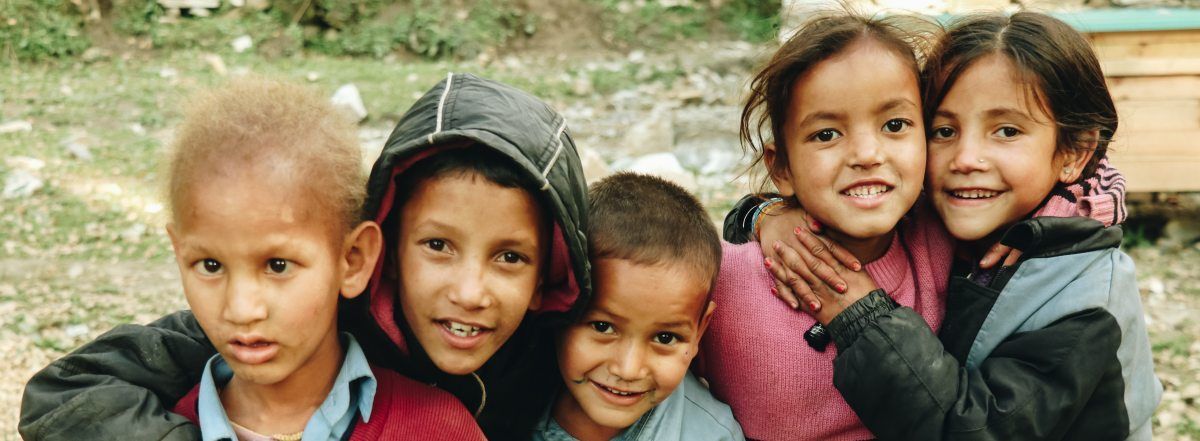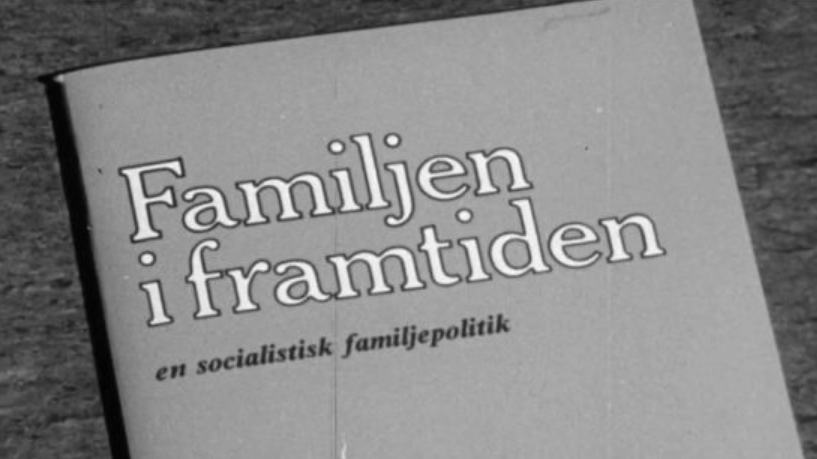I can't think of a worse headline. But I'm more than a little concerned, so here are my thoughts on the dark side of the Scandinavian welfare society.
Humans can talk about things that haven't happened yet and don't exist yet. We have imagination, we daydream, we giggle and sometimes we deceive ourselves. Using only 29 symbols, we record our experiences and transmit them across time for future generations. The human brain contains billions of neurons, more than the total number of stars in the Milky Way. Words allow us to describe emotions, physical sensations, tastes and smells. Over countless millennia, our species has evolved to be incredibly versatile in adapting to different environments and climates.

We aspired to flee from nature's harshness and unpredictability. Seeking refuge from pests, deadly diseases like the bubonic plague, and devastating storms, as well as predators and biting cold, we also wanted to protect our children from hunger and infancy mortality. To achieve this, we constructed shelters, formed villages, and eventually built cities. Through negotiations, treaties, and military might, we established peaceful coexistence. By developing agriculture and animal husbandry, we broke free from nature's relentless "survival of the fittest" cycle. Thanks to advances in medicine such as penicillin, vaccines, blood transfusions, and heart surgery, we now have a better chance at survival and a longer lifespan.
Now we're fine. We're good. No worries.

We replaced the traditional family structure with a robust social welfare state that assumes responsibility for various aspects of life previously handled by families. These include caring for children, the elderly, the sick, and those who have been abandoned; resolving conflicts; creating jobs; collecting taxes; and punishing transgressions. In essence, the state has taken on all the functions that families, clans, and villages have performed throughout thousands of years of human history.
All of this was planned and implemented by the Social Democratic party in Sweden during 30 years of majority rule.
The manifesto states..
We firmly reject liberal freedom, which means that each person fights for his or her own interests without regard for the collective. The right of the individual to develop independently must be subordinated to the interests of society as a collective, democratically determined.
Now, we find ourselves sequestered within the privacy of our homes and apartments, disconnected from our extended families, children, and grandchildren. The state has become our sole reliance, providing for all our needs without the necessity of interpersonal connections. To receive assistance, we merely fill out a form and schedule an appointment; our financial support arrives promptly on the 20th of every month.
However, this abundance of material provision falls short of offering the truly human experiences that bring fulfillment and purpose to our lives. We long for empathetic understanding, the ability to overcome hardship together, and the joy of giving and receiving love and support. We crave belonging, trust, and a meaningful place within society.
Can we return to these intricate webs of relationships within villages, clans, and families – relationships that demand nuanced skillsets to navigate successfully? Gone are the days when we effortlessly inherited these abilities, passed down through generations. Instead, we're left grappling with concepts like gossip, sexuality, boundaries, celebration, initiation, punishments, trusts, redemption, reciprocity, forgiveness, and hierarchies.
The most tragic aspect of this deliberate disassembly of human bonds was a strategic move by politicians and leaders, aiming to liberate Swedes from reliance on others. Their vision was for individuals to be self-sufficient, free from all obligations and responsibilities toward others. But what is the purpose of this freedom, if not to have others to rely upon, to share joys and sorrows, to offer support and guidance? Are we not meant to thrive in the company of others, rather than simply existing as isolated entities?
Section 4 of the Social-democratic family policy:
All adults should be economically independent.
Now we die alone. According to the Swedish Palliative Care Register, 16% of people pass away alone. Without the presence of loved ones, such as relatives, children, and grandchildren. At worst, after a life of nearly unbearable loneliness, unable to live our unique and remarkable abilities and skills from thousands of years of evolution where social relationships with others were crucial for survival, and likely happiness, as well.
More on this sad theme in the book Sapiens by Yuval Noah Harari, in the film "The Swedish Theory of Love" by Erik Gandini and Ann Heberlein touches on the subject in more depth in a text in Swedish on timbro.se
Note: The text has been revised by Llama-2-13b AI.